Luxury labelling: L’Oreal’s Biotherm wins luxury ‘Butterfly Mark’
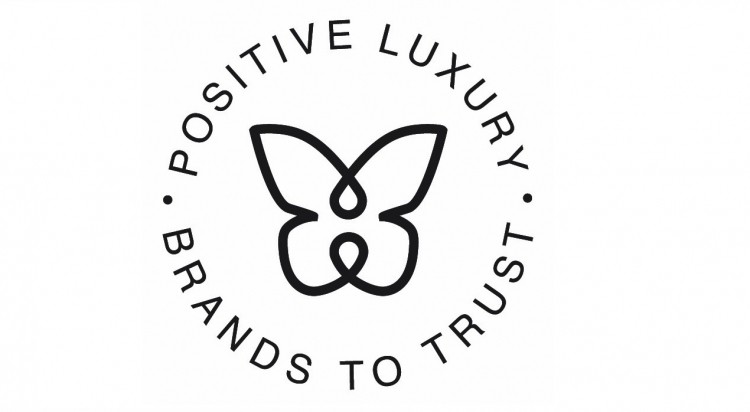
The Butterfly Mark is a mark offered by Positive Luxury, an alternative e-commerce platform, and aims to build trust through transparency, according to the company.
Its assessment takes into account governance, social framework, environmental framework, philanthropy, and innovation, according to Positive Luxury.
Biotherm is the latest brand to be awarded the mark, joining other luxury and premium players including Kiehl’s and YSL.
“The Butterfly Mark will display all the positive actions Biotherm has made, ensuring that consumers instantly recognise Biotherm as a beauty brand they can trust,” says Positive Luxury.
Informing consumers
Alexandra Palt, Chief Corporate Responsibility Officer at L’Oréal, says the mark allows it to communicate more clearly with its consumers.
“Positive Luxury’s recognition is a good way to inform consumers of Biotherm’s environmental and social performance,” she confirms.
“Biotherm’s strong sustainability commitments, which include improving the biodegradability of its formulas, using more biosourced and renewable materials, optimising its packaging, and raising awareness of the importance of ocean conservation, are emblematic of L’Oréal’s overall sustainability engagement.”
Confusion over labelling claims?
While Positive Luxury says its Butterfly Mark encourages transparency for luxury, players, elsewhere some industry commentators suggest the rising number of marketing and labelling claims on beauty products can confuse consumers.
Organic beauty hit the headlines in the UK this last year, for example, when the Soil Association released a report suggesting that consumers are being misled by current labelling on products.
The report found that sales of organic health and beauty products grew more than 20% in 2016, with the market now worth about £61.2m in the UK.
It also found that ingredients not certified as organic – and even linked to health problems – can be found in a range of cosmetics apparently claiming to be all-natural.
As part of its ‘Campaign for Clarity’, The Soil Association surveyed consumers on the report’s findings, and 69% said they felt misleading labelling should be against the law, while 72% of people say they would lose trust in a brand that made misleading claims about being organic.
“Labels and standards have been criticised as merely a marketing ploy for some, and with so many available now, it is easy to get confused,” Andrew McDougall, beauty market analyst with Mintel, has said.
“Especially with cruelty-free and halal labels, for example, which have both been popular with consumers, natural and organic standards need to make sure they resonate with consumers and don’t get lost in the confusion.”
Positive Beauty’s Butterfly Mark, however, applies only to luxury brands making general efforts towards ethical and sustainable practices, and so is not participating in confusion over naturals and organics.
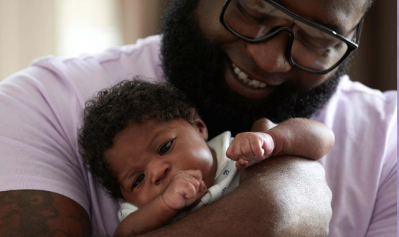
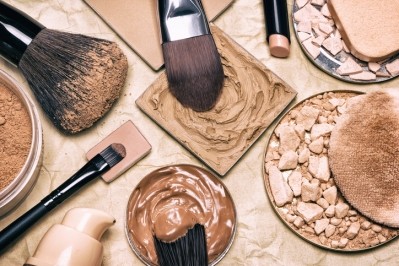
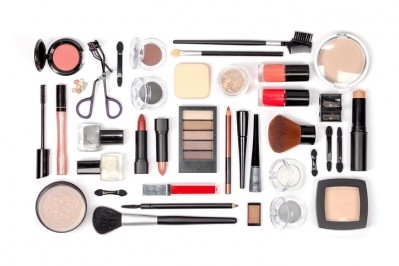
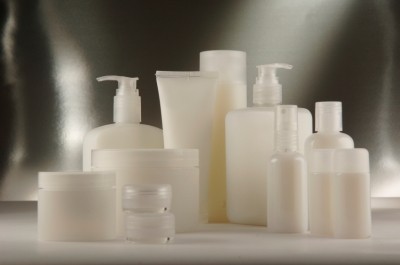

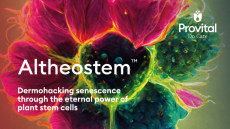
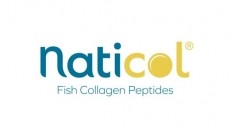
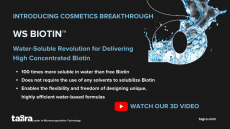





![Dr. G is continuing to expand in South East Asia with a new store in Malaysia. [Dr. G]](https://www.cosmeticsdesign-europe.com/var/wrbm_gb_food_pharma/storage/images/_aliases/wrbm_tiny/publications/cosmetics/cosmeticsdesign-asia.com/headlines/business-financial/dr.-g-doubles-down-on-sea-expansion-on-the-back-of-sunscreen-popularity/16498790-1-eng-GB/Dr.-G-doubles-down-on-SEA-expansion-on-the-back-of-sunscreen-popularity.jpg)




